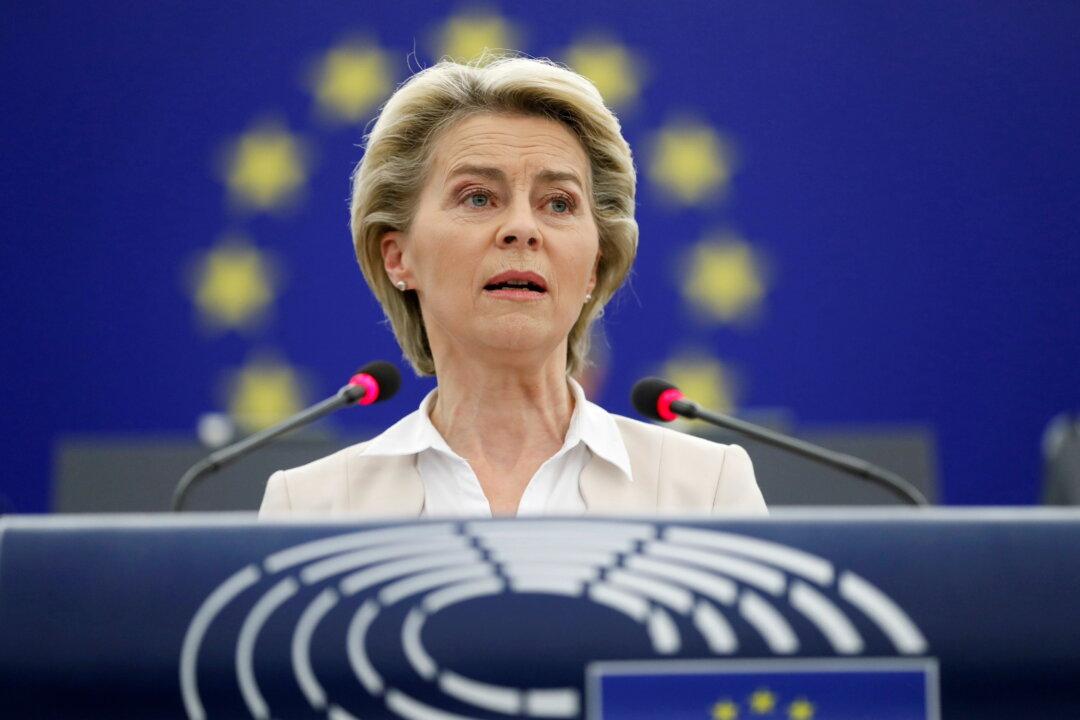The EU has rolled out a plan to invest hundreds of billions of dollars in global infrastructure projects under the “Global Gateway” program, seen as a counter to China’s controversial Belt and Road Initiative (BRI), which has been criticized as a vehicle for expanding Beijing’s influence around the world.
The European Commission (EC), the EU’s executive body, stated on Dec. 1 that the plan will include $340 billion in investments through 2027 to boost links in global digital, energy, transport, health, education, and research systems.





